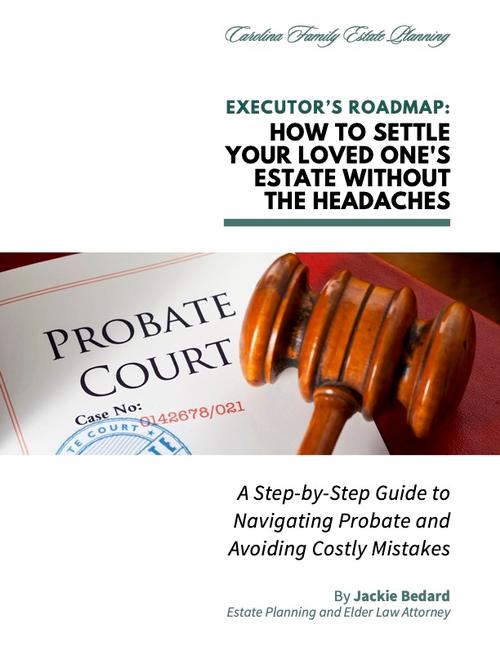 If the person is residing in the home pursuant to a valid lease agreement, then you must abide by the terms of the lease agreement. Otherwise, if the home is part of the Estate, the Executor has the authority to determine who may reside in the home. If the home is part of the Trust Estate, then the Trustee has the legal authority to determine who may reside in the home. It is important to note that if the executor or trustee authorizes someone to live in the estate home, even if it is a family member, the family member should pay fair market rent to the estate unless all beneficiaries of the estate agree otherwise.
If the person is residing in the home pursuant to a valid lease agreement, then you must abide by the terms of the lease agreement. Otherwise, if the home is part of the Estate, the Executor has the authority to determine who may reside in the home. If the home is part of the Trust Estate, then the Trustee has the legal authority to determine who may reside in the home. It is important to note that if the executor or trustee authorizes someone to live in the estate home, even if it is a family member, the family member should pay fair market rent to the estate unless all beneficiaries of the estate agree otherwise.
If the person is residing in the home without the proper authority of the Executor or Trustee, then they can be evicted using the same process by which a landlord might evict a squatting tenant. The eviction process is handled by a different division of the court from the estate proceeding.

